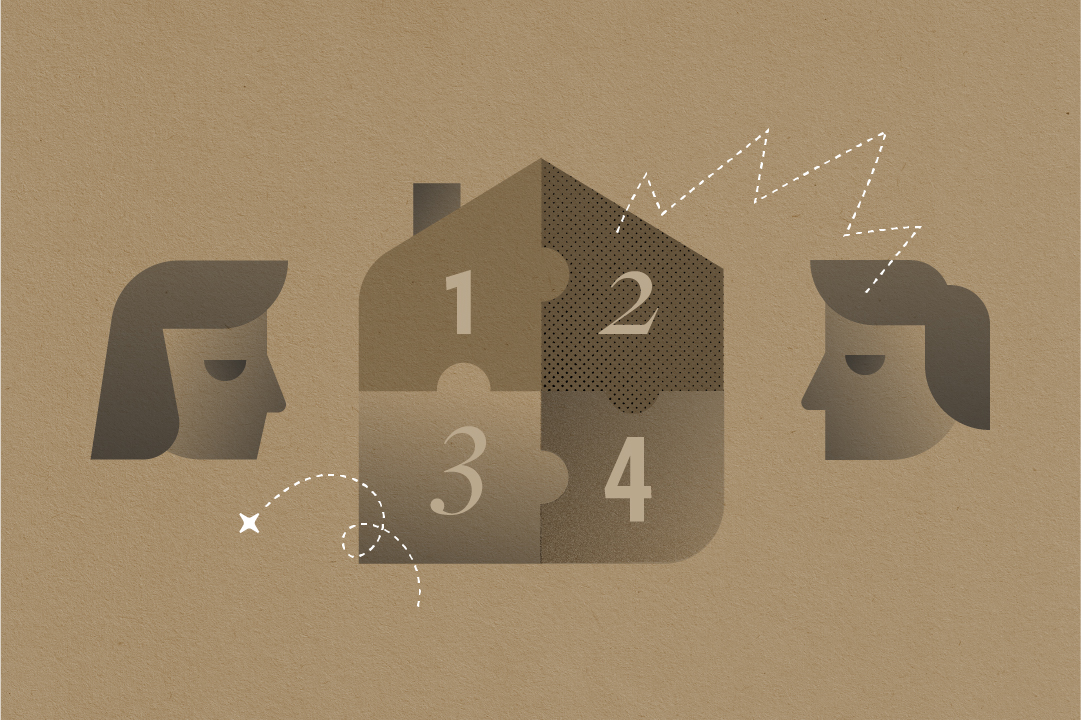Being bogged down in the court system can significantly delay the resolution of a matter. In contrast, parties can engage in alternative dispute resolution “ADR” at any point in their dispute journey.
Alternative Dispute Resolution in Family Law
When it comes to alternative dispute resolution (“ADR”), there is never a ‘one size fits all.’ Every dispute is different. Not all disputes are suited to ADR, and there may be some cases – for example in the instance of domestic violence or unacceptable risk to a child – where litigation is the only way to fairly and properly adjudicate the matter between parties.
However, in the majority of family law cases, ADR is not only a key part of the overall process but can significantly contribute to the parties resolving their dispute.
ADR in the form of negotiation, mediation, and arbitration often leads to more timely, cost-effective outcomes for parties than traditional litigation. This is so for many reasons, but primarily because in engaging with ADR, the parties are the decision makers of the method and manner of their dispute resolution.
Being bogged down in the court system can significantly delay the resolution of a matter. In contrast, parties can engage in ADR at any point in their dispute journey. It may be that parties decide to mediate when the dispute first arises, to help them resolve issues early; or to negotiate or arbitrate while the matter is already in court, to save time and litigation expenses.
Mediation has the key benefits of:
- Empowerment – Parties can feel empowered by taking responsibility for their matter. Having the ability to directly influence and negotiate their matter allows people to take ownership and feel in control of the direction in which their matter is progressing.
- Recognition – The feeling of being recognised is one that is sought in many family law matters. Often people want their feelings or actions to be recognised as much as they want a specific outcome. Mediation allows for each party to emphasise what they see as important, and to feel as if they are being heard on the issues.
- Self-determination – This can enable parties to reach more durable, lasting dispute resolution outcomes and have genuine “buy in” into any solution reach.
Two of the most common ADR methods which we see are lawyer-assisted negotiation, and mediation.
Lawyer assisted negotiation – where parties attend a negotiation while legally represented. The benefit of this method is that parties are assisted in narrowing down the issues between them and in understanding their respective legal positions. Having a lawyer present to negotiate on your behalf is also important in circumstances of power imbalance.
Mediation – either with or without a lawyer. It is open to parties to approach a mediator who will mediate the dispute between the parties without lawyers. Such an approach is best suited to simple matters where parties are generally in agreement on the extent of their dispute. More commonly, parties attend mediation with their lawyers. Their lawyers are able to identify the relevant legal and other issues, and to assist the mediator in a more structured approach to the resolution of the dispute.
For more information speak to one of our experienced family lawyers. We are able to assist you with negotiations, mediation and anything in between.
Further reading

elringtons lawyers regularly provide legal advice in relation to a range of Family Law matters. Please contact our Family Law Team for more information or to make an appointment call (02) 6206 1300












